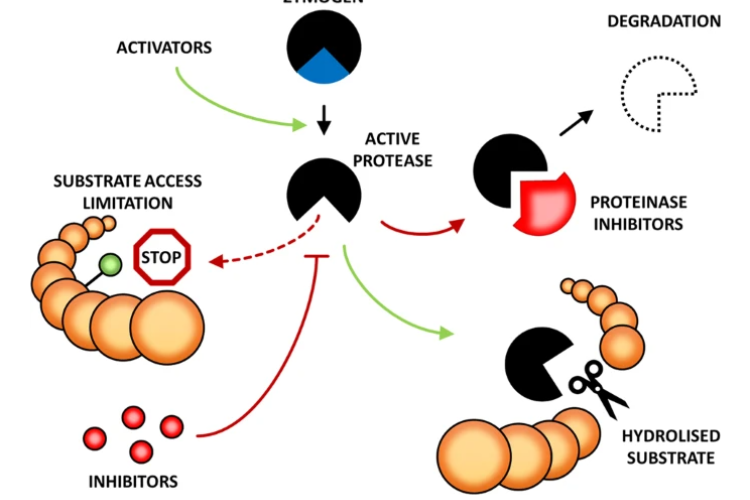Plant PTM viewer
The Plant PTM Viewer 2.0
Plant PTM Viewer is a centralized resource for plant post-translational modifications (PTMs) intuitive for wet- and dry-lab scientists.
Plant PTM Viewer provides innovative tools to analyze the potential role of PTMs for specific proteins or in a broader systems biology context.

